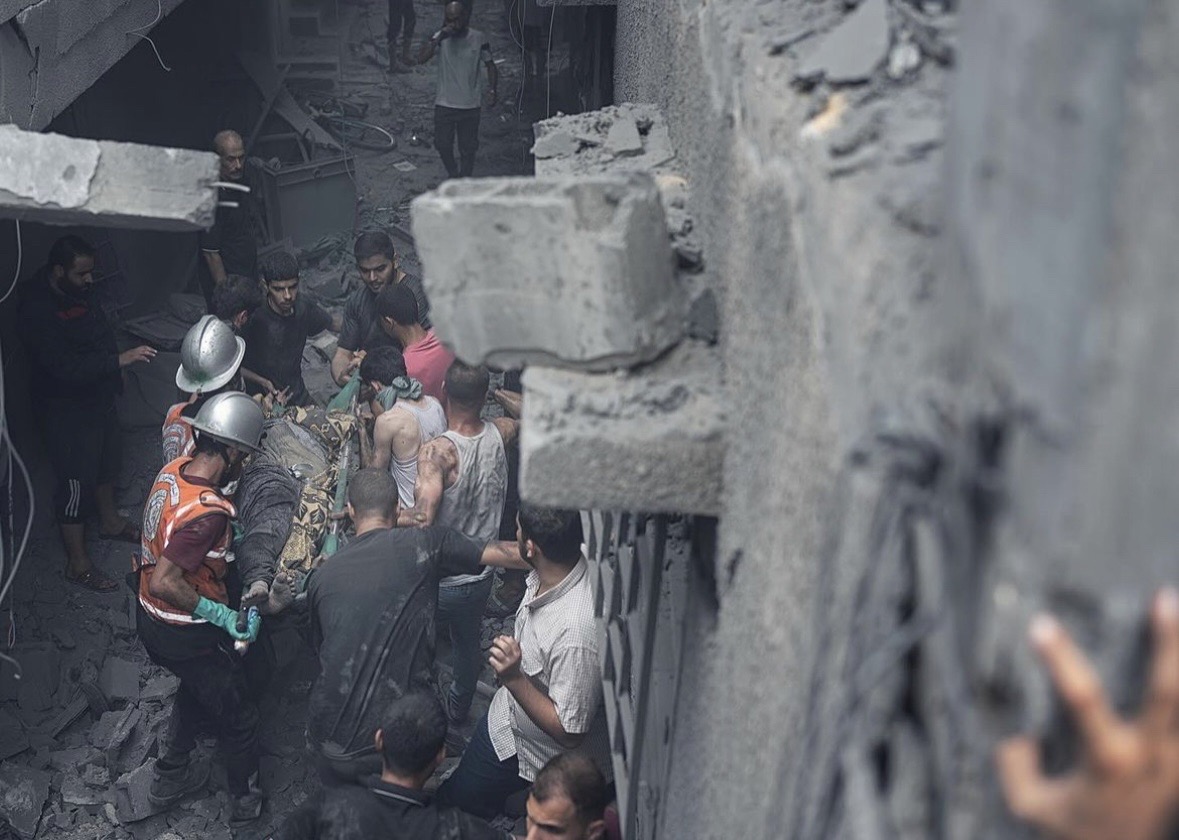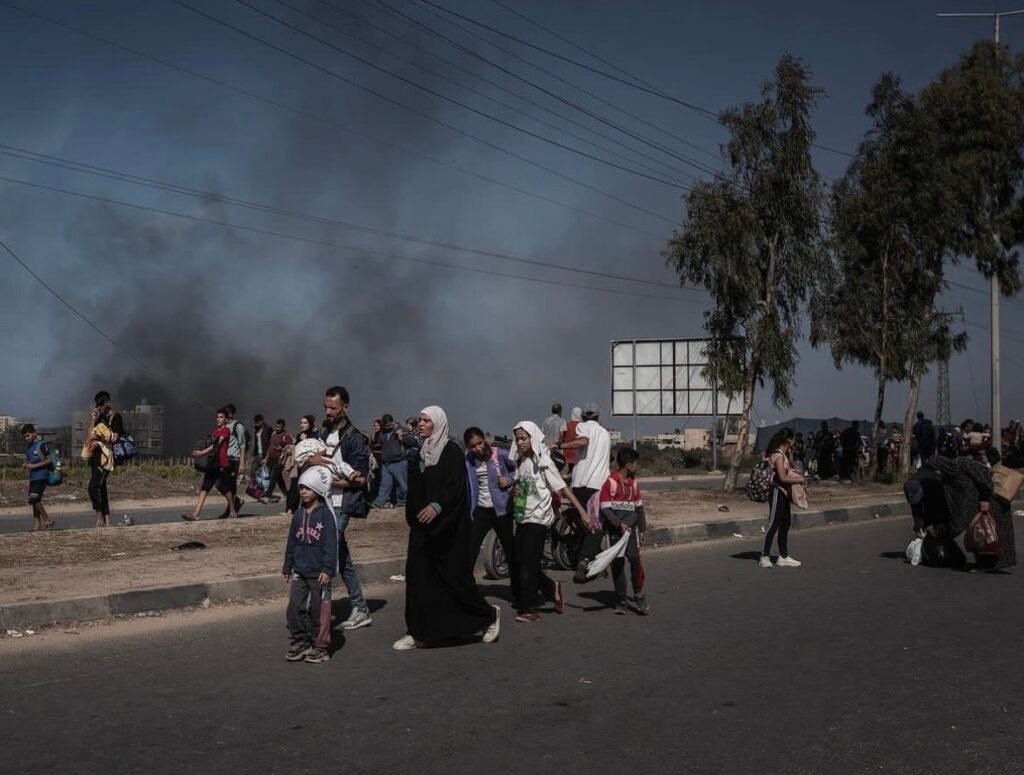How do you speak to your child about the war in Gaza?
In times of difficult events and humanitarian challenges, it is difficult to talk to our children about issues of war and crises. Therefore, parents always strive to reach the hearts of their children in ways that understand their feelings and provide the necessary psychological support. We will discuss effective ways to talk to your children about the the war in Gaza. And how parents can be a strong pillar in providing safety and understanding to their children in these difficult moments.
How do you talk to your child about the war in gaza?
1- Talk to him about what he knows and what he feels
When discussing events in Gaza with your child, it’s important to take into consideration their limited perspective and understanding of the situation. Begin by actively listening to them and asking what they already know about the topic. You may be surprised by their level of knowledge or their interpretation of the events. Remember to approach the discussion with empathy and an open mind.
Express your interest in his feelings and be open to hearing his opinions without prejudging. Try to direct the dialogue towards his personal feelings and experiences. By understanding what’s on his mind, you can build a bridge of effective communication and provide the support he needs in this difficult moment.
2- Talk to him briefly and also reassure him through hugs and kisses, not just words
In moments of distress and anxiety, intimate embraces become an essential language of expression. When you talk to your child about the events in Gaza, do not limit yourself. Open your arms and provide comfort in invaluable ways.
Use hugs and kisses to reassure your child. Touch has great power in providing safety and comfort. Speak simple and concise information. The need for security makes words of reassurance most effective when accompanied by moments of physical contact.
3- Use language appropriate for his age
When talking to your child about the events in Gaza, use age-appropriate language. Children at different ages understand things in different ways. Use simple, understandable words that suit his level of understanding, and stay away from complex terms that may confuse him.
For example, if your child is young, you can use stories or visual symbols to explain things simply. When communicating with older children, it might be necessary to provide more detailed information and explanations. The aim is to adjust the language used so that it is suitable for their level of comprehension, which can lead to a better understanding and reduction of anxiety.
4- Do not underestimate your child’s feelings
In moments of crisis, reactions can be diverse, and it is important to respect and appreciate the feelings expressed by your child. Feelings of sadness, fear, or anxiety may be a normal part of his experience, so don’t minimize them.
Reminding him that it is normal to feel pain and sadness in such moments helps him understand that his feelings are respected and appreciated, and is an important step towards building healthy communication with him.
5- Accept frequent questions
In situations like this, children can have many questions about the war in gaza, and they may be remarkably repetitive. This reflects interest and the need for deeper understanding. When your child asks the same question over and over again, be prepared to answer with patience and understanding.
Avoid expressing fatigue or boredom, and instead provide answers in a friendly, clear manner. This scenario can be an opportunity to better consolidate concepts or to identify details that may be vague to him. By positively meeting his curiosity, you help your child understand the situation better and enhance trust between you.
6- Tell your child about positive things and how people can be helped
In light of difficult events, you can direct the conversation toward positive aspects and how individuals can contribute to helping others. Identify examples of good deeds and humanitarian cooperation, and encourage your child to understand their positive power to help.
Provide inspiring examples of people who have taken positive actions during difficult circumstances, and encourage him to think about how he can contribute in small but significant ways to improve the circumstances around him.
7- Reduce your child’s exposure to news that could upset him about the war in gaza
In the age of fast media, news can be shocking and frustrating, and can greatly affect children’s emotions. When you choose to provide information to your child, try to be calm and careful, and limit the shocking details that may increase his anxiety.








